Are you willing to sponsor?
Are you ready to explore the transformative power of athlete sponsorship for your brand? Click here to learn more about how sponsorship can help brands grow and thrive in the exciting world of motorsports.
By Silvia Schweiger| Posted July 11, 2023 | In MotoGP, Sports Marketing
Valentino Rossi, aka “The Doctor”, has wielded an influence over the world of motorsports that extends far beyond his last lap on the race track. Despite retiring from professional racing more than two years ago, Rossi remains a pivotal player in the realm of MotoGP sponsorship and marketing. His VR46 brand and MotoGP team recently announced an exclusive partnership with global e-commerce giant, eBay. The sheer magnitude of this collaboration has incited widespread speculation and curiosity regarding its ramifications on the industry and paradoxically, on the future of Rossi’s own VR46 team.
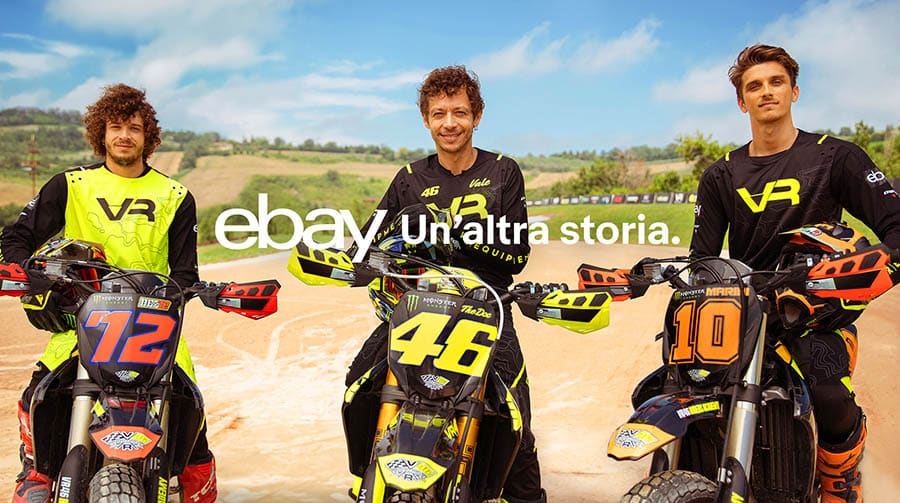
Starting with a bird’s eye view, the first question that inevitably comes up is: is Rossi’s persona and influence greater than MotoGP itself? The answer, surprisingly, is not straightforward. On one hand, it’s undeniable that Rossi’s name carries a significant weight in motorsport fandom. His career, laden with nine world championships, represents an era of MotoGP that has enthralled fans for decades.
Rossi’s charisma and tenacity have not only won him legions of fans but also lent a remarkable marketing allure to his VR46 brand. An interesting tidbit to note here is that Rossi’s number 46 is a tribute to his father, Graziano Rossi, who raced with the same number. The VR46 brand has now become a globally recognized symbol of Rossi’s illustrious racing legacy.
Now, let’s venture into the remarkable union of VR46 and eBay. In the sphere of sports marketing, brands typically leverage the popularity of sports personalities to drive visibility and market penetration. However, the VR46-eBay partnership is an outlier, as the retired Rossi still commands a significant sponsorship pull. A fact that speaks volumes about Rossi’s appeal is that, according to a survey by SportsPro Media, Rossi was named one of the world’s most marketable athletes in 2012 and 2013, rubbing shoulders with the likes of Lionel Messi and Usain Bolt.
The partnership has undoubtedly been a masterstroke for eBay, which is looking to make a substantial impact in the sports merchandise market. Rossi’s immense fanbase ensures a ready market for eBay, making the deal a veritable goldmine. But here’s the curious bit: This alliance also amplifies Rossi’s already dominant presence in MotoGP marketing, to the extent that it potentially overshadows other teams and drivers, his own VR46 team included.
The potential negative fallout for VR46 is intriguing and counterintuitive. The problem lies not in the lack of popularity but an over-concentration of it. Rossi’s persona is so large that it risks dwarfing his own team’s visibility. Future sponsors might be reluctant to invest in the VR46 team if they feel Rossi’s towering image could overshadow their brand. This concern is not entirely baseless, given the global marketing might of the VR46-eBay alliance.
This scenario presents an interesting challenge for sports marketing. How does one balance the marketing benefits of a highly influential personality like Rossi, with the potential detriment to his own team’s visibility? This conundrum underscores the complexity of the relationship between athlete branding and team sponsorship.
As we delve deeper, we can’t help but draw parallels between this situation and the phenomenon of personal branding in sports that’s been steadily gaining traction in the past decade. In a sense, Rossi was a pioneer in creating a personal brand within MotoGP that could transcend his active racing career. However, the question remains: Will this personal branding overshadow the brand of the team he owns and manages?
Now, let’s consider the intriguing perspective of VR46, the team. It’s not merely Rossi’s racing team, but an extension of his ethos, a manifestation of his unyielding passion for motorsports. While having Rossi’s name attached gives the team an unparalleled marketing advantage, it may inadvertently eclipse the individual identities of the team’s riders, possibly obstructing their path to carve out their own unique brand identities.
The current situation is reminiscent of what transpired in Formula 1 with Michael Schumacher and his Ferrari. The combination of Schumacher and Ferrari in the early 2000s was so potent, the two brands became almost inseparable. Even now, a casual conversation about F1 history invariably gravitates toward Schumacher’s dominant years at Ferrari. Yet, there was a period of adjustment when Schumacher retired, and Ferrari had to re-establish their brand identity independent of their star driver. However, the case of VR46 is far more complex given Rossi’s dual role as the team owner and the brand.
As we continue to observe this intriguing dynamic between Rossi and his VR46 team, it’s worth noting the inherent unpredictability in sports marketing. While strategic maneuvers and well-calculated campaigns can lay the groundwork, the eventual outcomes often hinge on the unpredictable elements of the sport, such as the performance of the drivers, their personality development, and the ebb and flow of fan sentiment.
My perspective on the matter is that the VR46-eBay partnership is, without a doubt, a sports marketing coup. It’s a testament to Rossi’s unrivaled status in MotoGP. It’s a move that has undoubtedly cemented eBay’s position in the sports merchandise market and bolstered the commercial aspects of MotoGP. However, the task ahead for Rossi and the VR46 management is to meticulously navigate their marketing strategies to ensure that while Rossi’s legacy continues to fuel the team, it doesn’t engulf the potential star power of his team riders.
To conclude, I’d argue that Rossi’s significance to MotoGP is not only about his incredible career statistics or the scale of his fanbase. His influence extends to shaping the marketing dynamics within the sport. The VR46-eBay partnership underscores Rossi’s enduring relevance in the commercial landscape of MotoGP, which could be both a boon and a bane. The challenge now lies in managing Rossi’s larger-than-life image in a way that amplifies the brand without overshadowing his own VR46 team. Only time will reveal how this delicate balance will be achieved.
In conclusion, Valentino Rossi is indeed larger than life. His impact on MotoGP, both as a racer and now as a team owner and brand ambassador, is unmatched. But the true genius of Rossi will lie in his ability to leverage his personal brand to foster the growth of his team and its riders, without letting it overshadow them. This delicate task will be a true testament to Rossi’s prowess, not just as a racer, but as a leader, a mentor, and a marketing virtuoso. Only then will we be able to answer the complex question: Is ‘The Doctor’ still bigger than MotoGP?
Are you ready to explore the transformative power of athlete sponsorship for your brand? Click here to learn more about how sponsorship can help brands grow and thrive in the exciting world of motorsports.

Associate Director, Executive Marketing and Commercial at RTR Sports Marketing, a London-based sports marketing company specializing in motorsport for over 25 years. Without sports, life is boring
The online platform where you can discover the latest trends, strategies and insights from the exciting world of sports marketing.
View our blog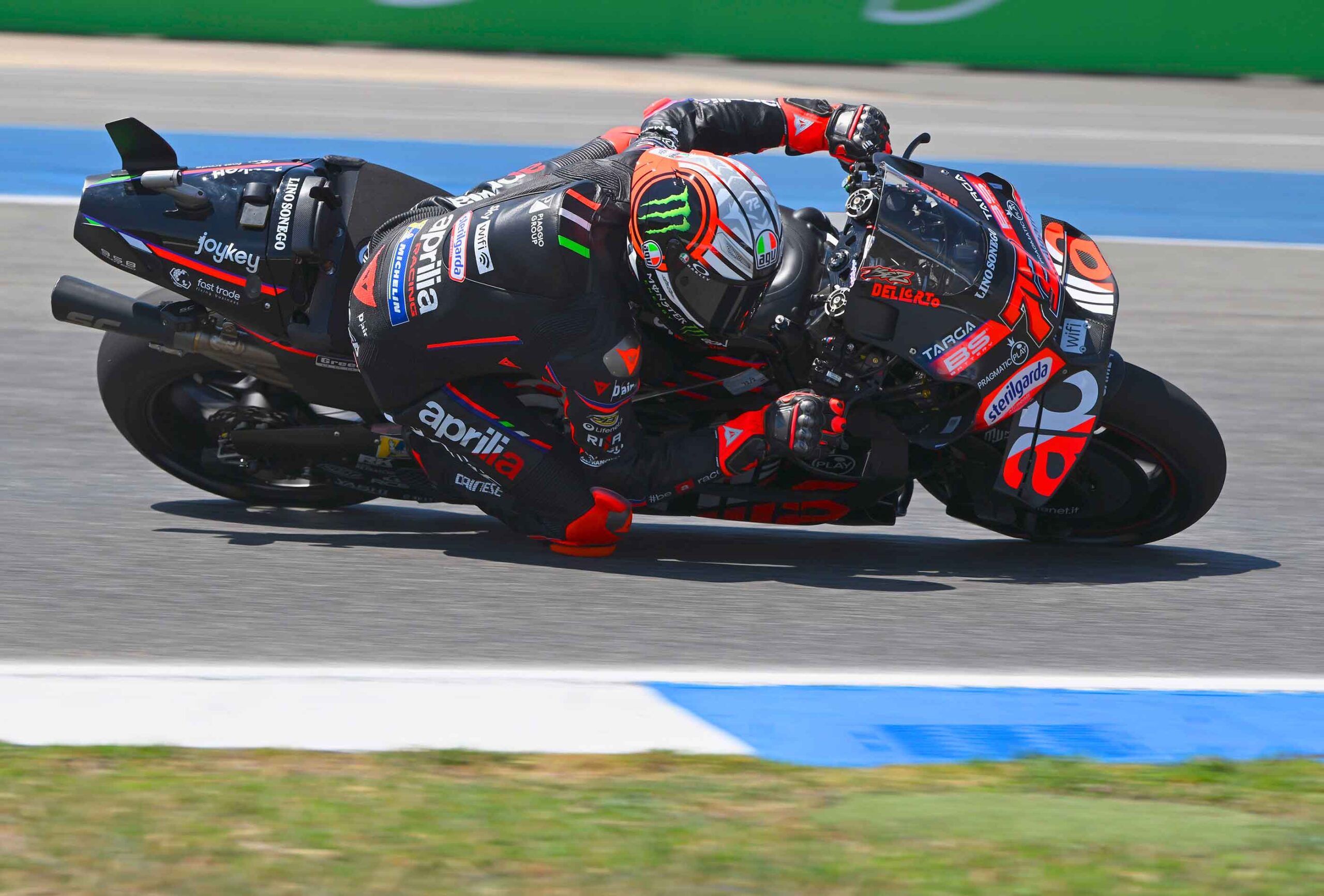
June 17, 2025
Starting in 2027, MotoGP is preparing for a momentous change that will redefine the face of motorcycling’s premier class. The new technical rules, announced by the Grand Prix Commission[...]
Read More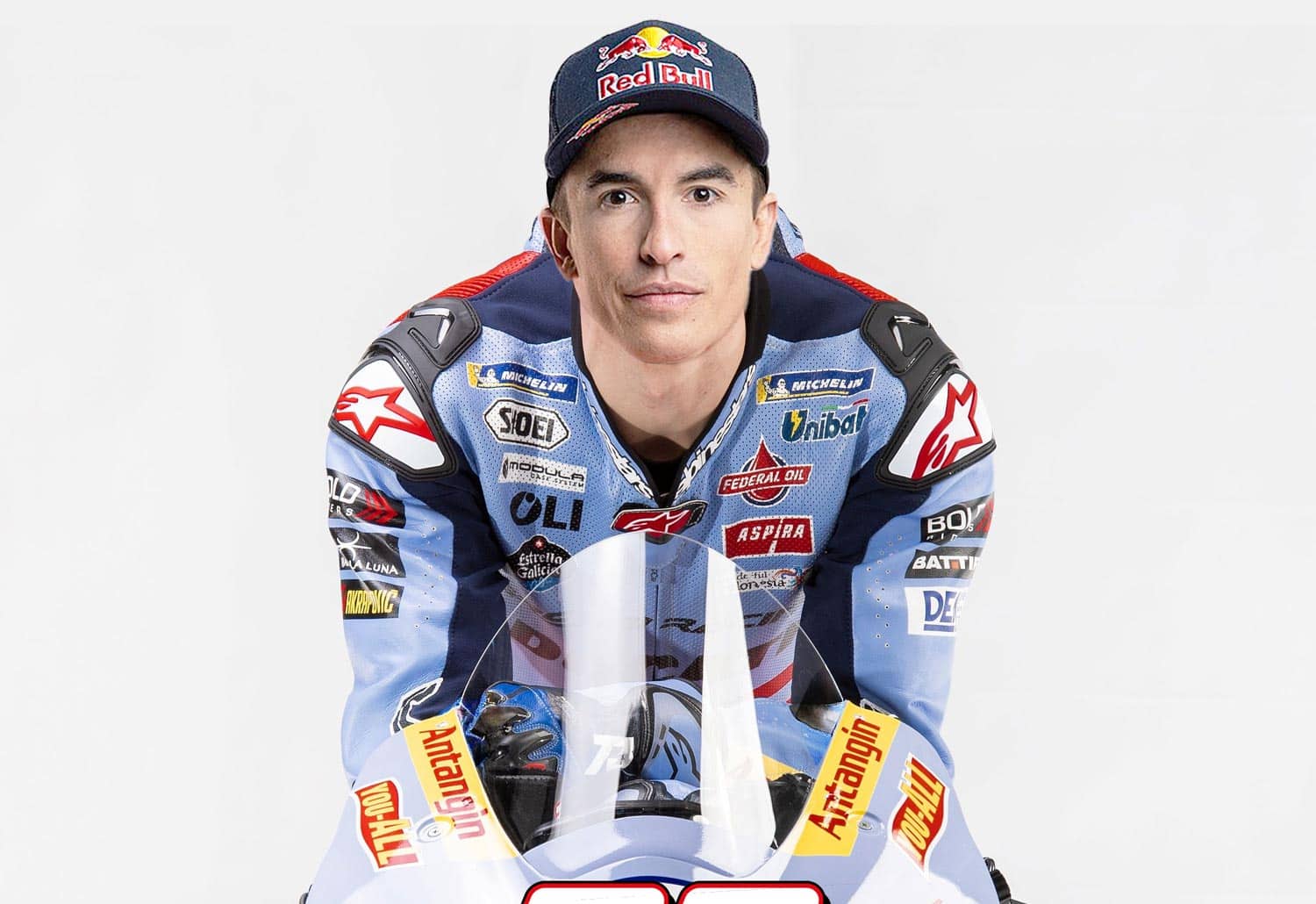
June 11, 2025
After 11 years, Marc Marquez is leaving Honda HRC to join Team Gresini. This was announced in a laconic press release, without signatures or photos, by the same House with the Wing. The same [...]
Read More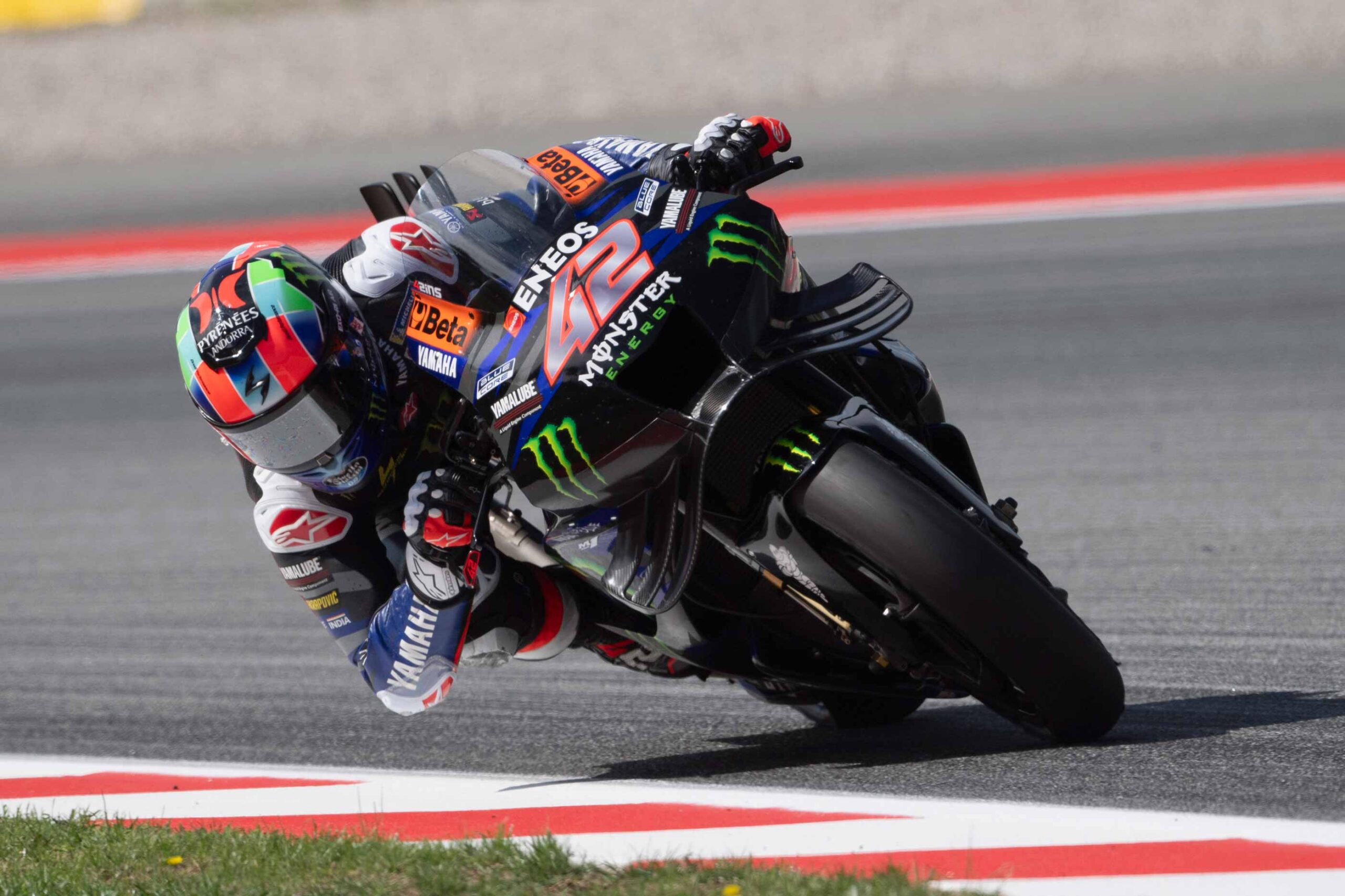
May 6, 2025
In the world of motorsport sponsorship, speed and performance have traditionally reigned supreme. However, a new race is underway, one towards sustainability. Both Formula 1 and MotoGP are st[...]
Read MoreIn an era where it is possible to get anywhere with a click, there is a strong temptation to approach teams and properties directly for sponsorship projects.
By doing so, we are convinced that we are shortening the value chain, saving time and money. However, these DYI methods are anything but risk-free and what initially appears to be a competitive advantage soon turns into a problem that is difficult to resolve. That’s why there are agencies. And this is why you should rely on us for your sponsorships.
When first approaching a sponsorship or sports marketing project, it is difficult to know immediately which stakeholders are correct, what the decision flow is, and what the right timelines are for each process. Sports is a very specialized field of action, and fitting effectively into its paths can take a lot of time and therefore money. We, on the other hand, know referents and spheres of action and know who to talk to, when and how. So you are also more effective.
Sports is an immense passion, and for our heart colors we would be willing to do anything. But business is a different business, and it is important to make the best possible strategic decisions based on independent research, statistics and reliable data. A sports marketing and sports sponsorship agency like RTR has an objective, 360-degree picture of the scenario and can tell you what is really best for you: which sport, which athlete, which team. This is because we possess a great deal of data and information on ratings, segmentation and attitudes. Because the numbers don’t lie. Never.
Activations are the real heart of sports sponsorship. Without them, there remains only a blank sticker on a motorcycle, car or uniform and no contact with the public, no emotional connection, no impact on the bottom line. Then how do you do it? It certainly won’t be the teams or the athletes who will help you leverage sponsorship and enjoy the many marketing rights you have paid for. To bring out the best in a sports marketing project you need an agency that knows how to use sponsorship to engage the fanbase on the Web, to reach out to Shopping Centers, to organize hospitality, to develop B2B and B2C opportunities, and to get “your” athletes in front of millions of potential consumers.
Would you ever go to the dealer who sold you the car and ask if the competitor’s car is better? No, of course. So, how do you expect to get firm measurements of the effectiveness of your sponsorship if you do not rely on someone super partes? At RTR, we have always worked with independent third-party agencies that allow us to know the return on any exposure of your brand on TV and in the media. In addition, we believe in calculating ROI as the ultimate measure of your success-so we can tell you for every penny you spend how much you are making.
We have been involved in sports sponsorship and sports marketing for more than 15 years. We are consultants in the sense that our goal is to maximize your investment, but we are also an agency that manages the project from start to finish. We have been doing this since 1995 with passion and professionalism, following three principles that have become cornerstones of our business: independence, verticality and transparency.
I would like to highlight the fact that one of the qualities of RTR is its great ability to approach the sponsorship scenario strategically, together with its passionate attitude, its amazing enthusiasm for solving problems, and its high level of professionalism.
Gianluca Degliesposti
Executive Director Server&Storage EMEA
Eurosport is truly delighted with its business relationship with Riccardo Tafà, who has become extremely popular, thanks to his detailed knowledge of the sports marketing sector and his highly diligent attitude to work.
Francois Ribeiro
Commercial Director
Passion and Expertise are the features that I have found in RTR since the very beginning. Serious and reliable professionals but also very helpful, nice and open-mind people, willing to listen and compare different ideas. All the values in which RTR believes make this agency a partner, not just a supplier, a partner with whom we have had the opportunity to achieve significant commercial results in term of success and image.
Luca Pacitto
Head of Communication
We have been working with RTR Sports Marketing for over 10 years. The objectives and the programmes of collaboration continue to be renewed and to grow with mutual satisfaction. I believe RTR is a team of great professionals led by Riccardo Tafà, who I consider a manager of exceptional skills and with a great passion for his work.
Lucio Cecchinello
Team Principal
I have known and worked with Riccardo Tafà since 1995 when we collaborated for the first time on a project for the Williams Formula 1 team. Several clients followed. After leaving Williams to work for Gerhard Berger then owner of the Toro Rosso F1 Team, I turned again to Riccardo to seek his help in finding a tool supplier for the team and Riccardo duly obliged with an introduction to USAG, a partnership with Toro Rosso which endured for five years. I recently started a new role as Group Commercial Director for the renowned Andretti Autosport organisation and I find myself working with Riccardo once again on a number of interesting projects. Why has this relationship with Riccardo endured ? He’s smart, knows the commercial side of sport inside out and back to front and he’s honest and trustworthy. Riccardo Tafà is a “doer” not a “talker”: in over 20 years I have never had a dispute either with him or with a company that he has introduced and each partnership introduced by Riccardo has delivered quantifiable ROI to rights holder and sponsor alike. I can think of no better testimonial of Riccardo’s diligence, knowledge, contact base and hard work than that.
Jim Wright
Group Commercial Director
The online platform where you can discover the latest trends, strategies and insights from the exciting world of sports marketing.
View our blog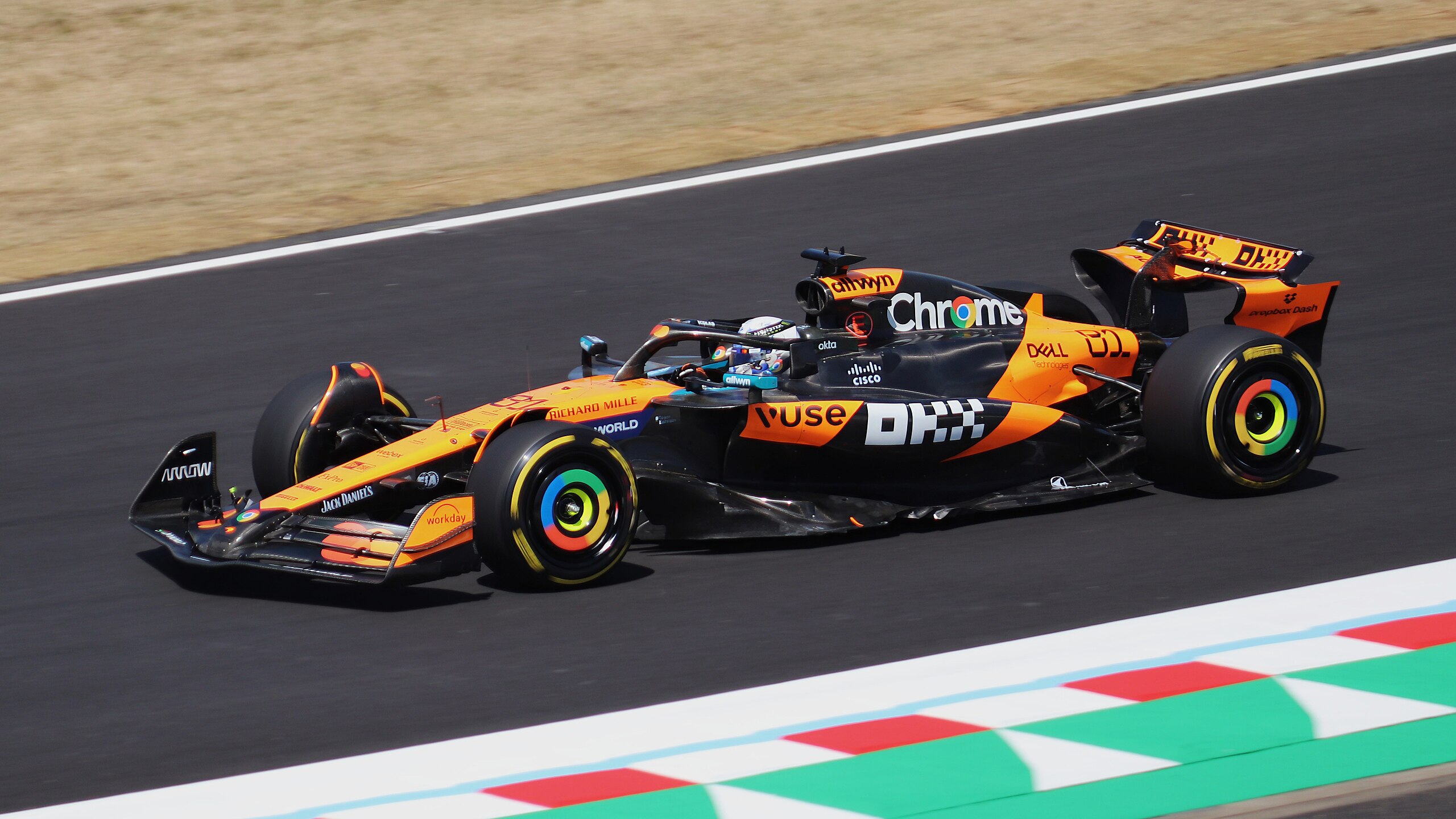
July 1, 2025
In the complex and exciting world of Formula 1, performance no longer belongs exclusively to wind tunnels and race strategies. It also unfolds in boardrooms, brand labs, and experiential mark[...]
Read More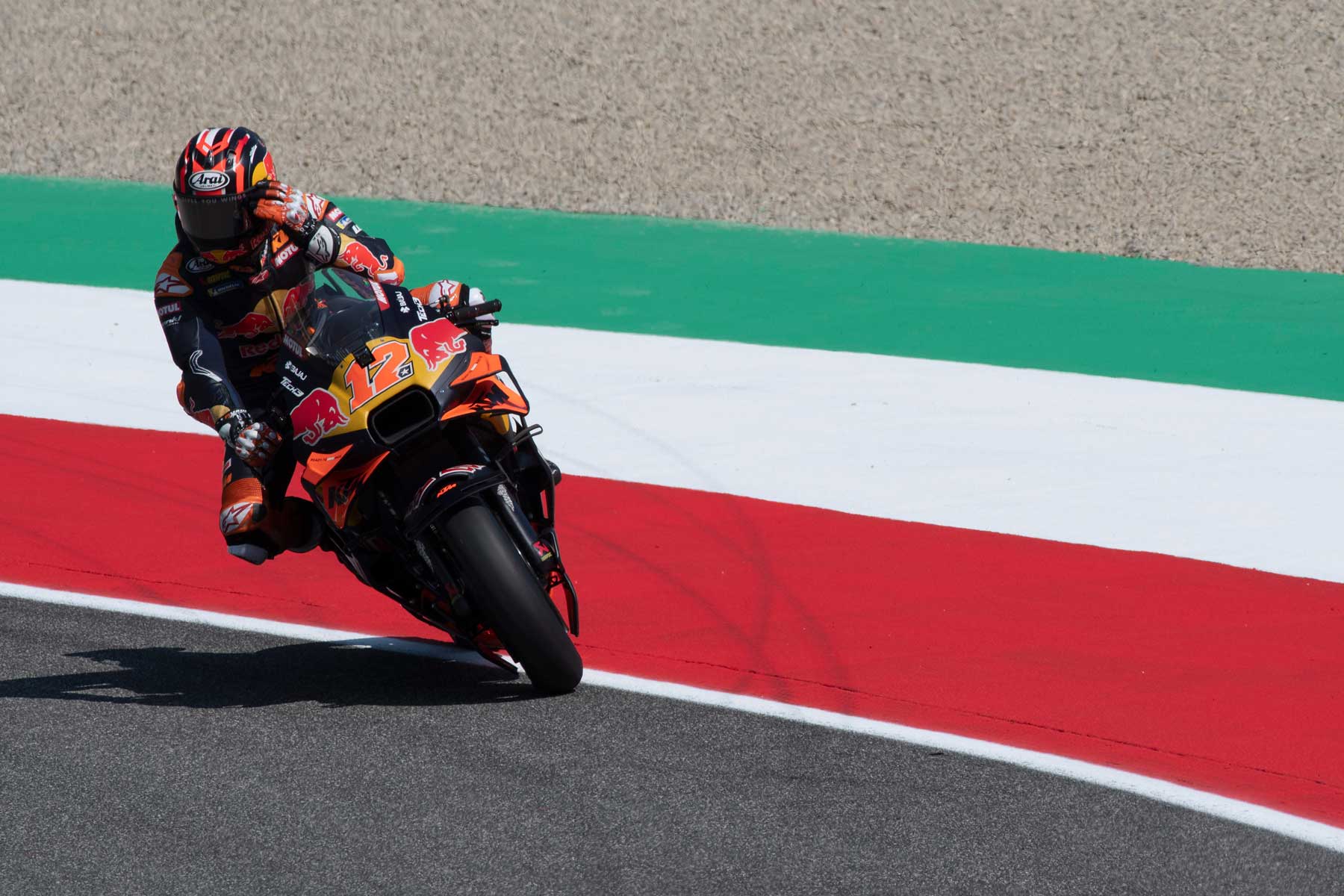
June 26, 2025
The European Commission has provided Liberty Media Corporation with unconditional approval to complete the acquisition of the MotoGP World Championship. The process of annexing the top motorc[...]
Read More
June 18, 2025
When you think of sports, what comes to mind? For many, the answer is sports marketing management. We see Super Bowl or Olympic commercials and it seems like every other product is marketed t[...]
Read More